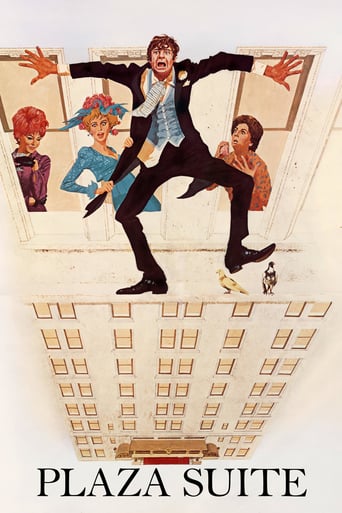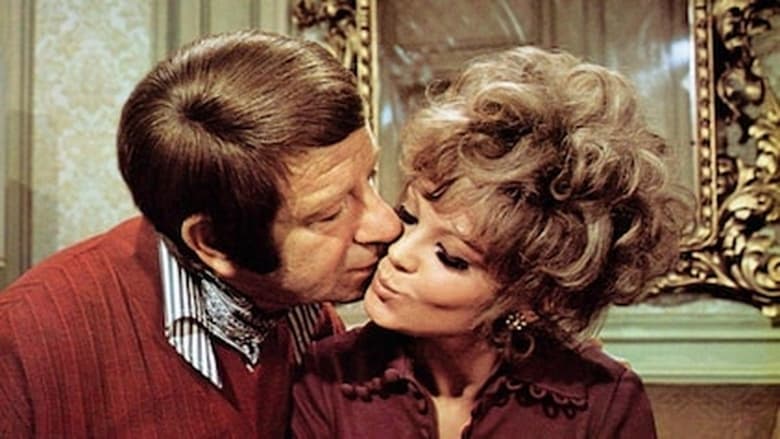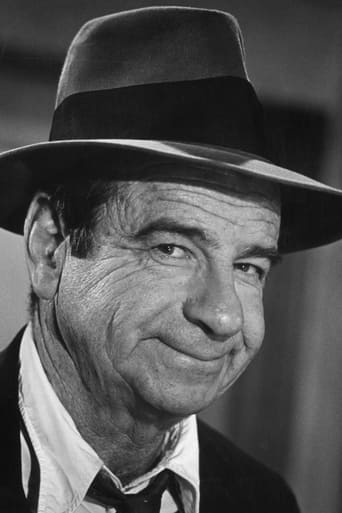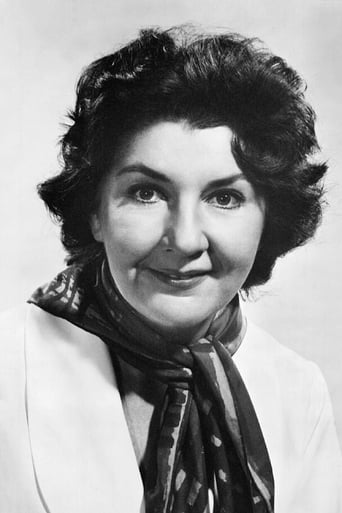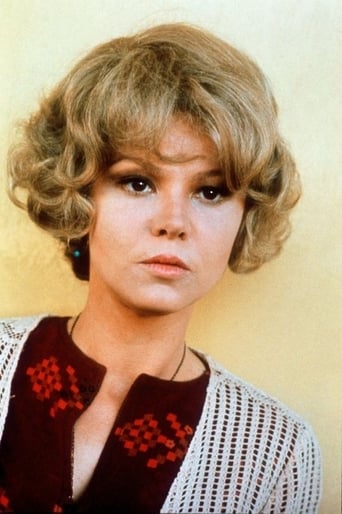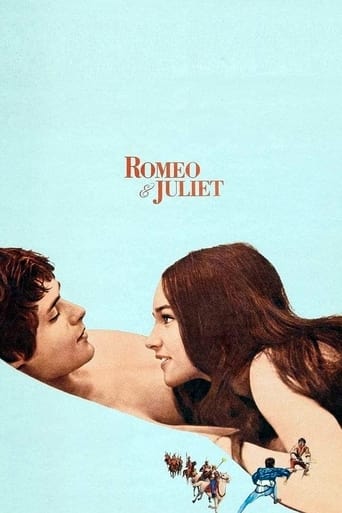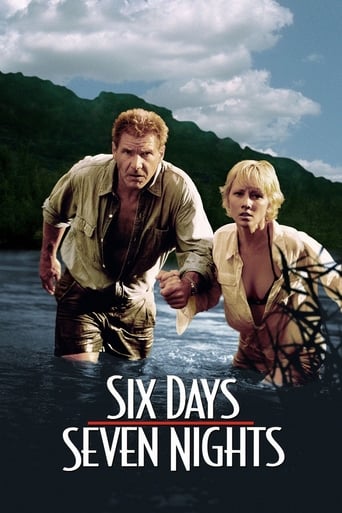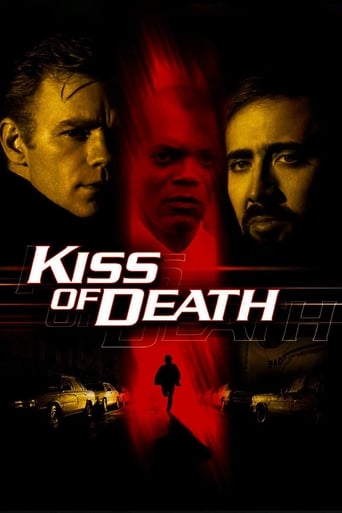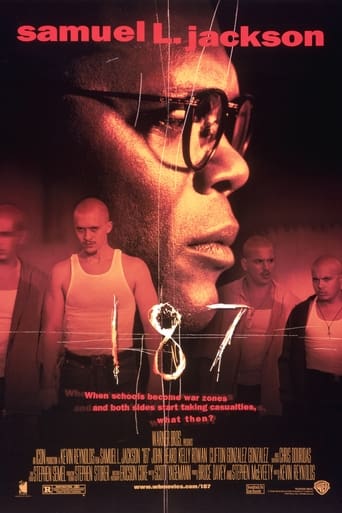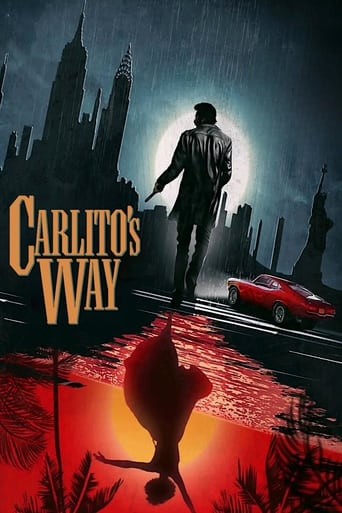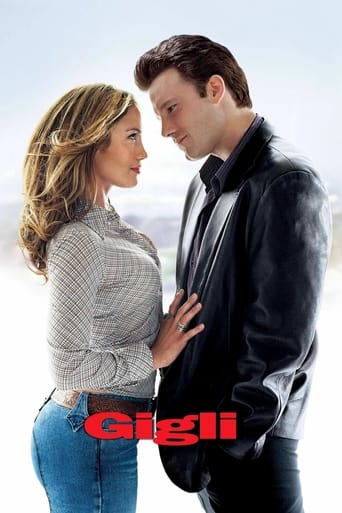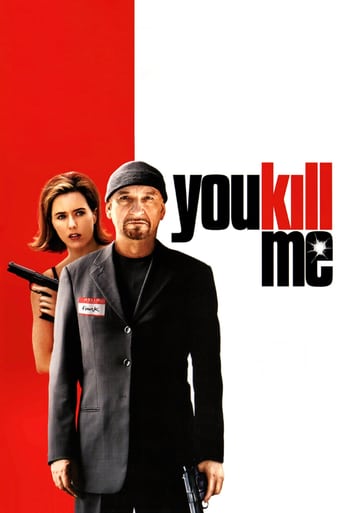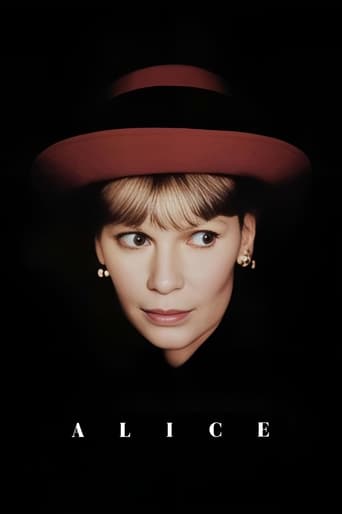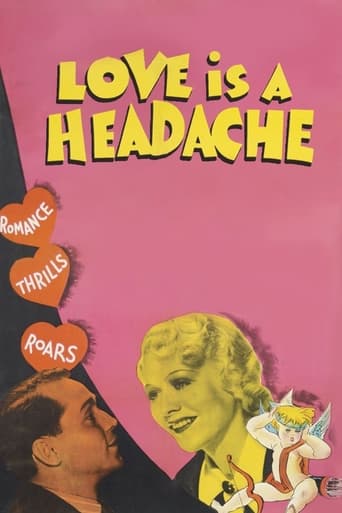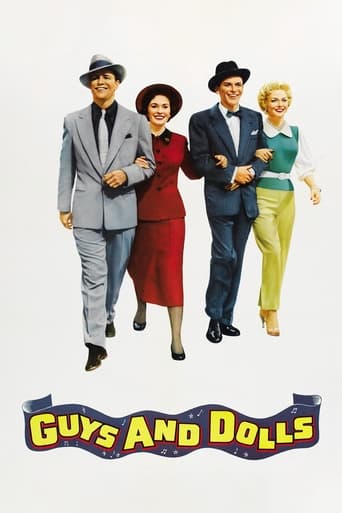Plaza Suite (1971)
Film version of the Neil Simon play has three separate acts set in the same hotel suite in New York's Plaza Hotel with Walter Matthau in a triple role. In the first, Karen Nash tries to get her inattentive husband Sam's attention to spruce up their failing marriage. In the second, brash film producer Jesse Kiplinger tries to get his former one-time flame Muriel to see him for what he stands for. In the third, Roy Hubley and his wife Norma try and try to get their uncertain-of-herself daughter out of the bathroom before her approaching wedding.
Watch Trailer
Cast


Similar titles
Reviews
Excellent but underrated film
It's entirely possible that sending the audience out feeling lousy was intentional
To all those who have watched it: I hope you enjoyed it as much as I do.
The story, direction, characters, and writing/dialogue is akin to taking a tranquilizer shot to the neck, but everything else was so well done.
Like his later "California Suite", which was also made into a film, Neil Simon's "Plaza Suite" is what might be called a "portmanteau play", containing several separate stories. Whereas the four stories in "California Suite", however, are linked together by little more than the fact that they all take place in the same hotel, the three acts of "Plaza Suite", all set in Suite 719 of New York's famous Plaza Hotel, are also linked by a common theme of marriage or adultery.In Act I a middle-aged couple, Sam and Karen Nash, are revisiting the suite where they spent their honeymoon. Karen believes that this will put the romance back into their marriage, but Sam, who appears to be an obsessive workaholic, seems more interested in attending to the needs of his business. Eventually, however, it appears that there may be more deep-seated faults in their marriage, that Karen suspects Sam of having an affair with his secretary Jean and that there might be something suspicious about his many late evenings at the office.In Act II, Jesse Kiplinger, a successful Hollywood movie producer, meets his old girlfriend Muriel Tate, now a suburban housewife 1971. We learn that Jesse has been married three times and that all his marriages have ended in an acrimonious divorce. Although he claims to admire what he sees as Muriel's uncomplicated suburban life, it becomes all too obvious that he is trying to seduce her and thereby putting her supposedly happy marriage in danger. (We never see Muriel's husband Larry and, indeed, do not learn much about him). In Act III a young woman named Mimsey Hubley locks herself in the bathroom and refuses to come out, despite all the threats and entreaties of her parents Roy and Norma. Until near the end of the story we never actually learn why Mimsey is behaving in this manner, and no, it's not resentment against her parents for having inflicted the name "Mimsey" on her. Simon is normally thought of as a writer of comedies, but here Act III, in fact, is the only really comic part of the film, the other two Acts, especially Act I, being more serious in tone. In "California Suite", by contrast, three of the four segments are essentially comic.Although Simon himself wrote the screenplay, he was not entirely satisfied with the finished film. He admitted that he would have to accept some of the blame himself, acknowledging that he had been wrong to confine all the action to a single room. He also, however, disliked the casting of Walter Matthau in all three leading male roles (Sam, Jesse and Roy), even though when the play was originally produced on Broadway the same three roles were played by a single actor, in that case George C Scott. Indeed, in that production the three main female roles, Karen, Muriel and Norma, were all played by the same actress, Maureen Stapleton. Stapleton is cast as Karen here, but Muriel is played by Barbara Harris and Norma by Lee Grant.I would only partly agree with Simon's criticism of Matthau. Admittedly, Matthau is not very convincing as the smooth, lecherous Hollywood lounge-lizard Jesse in Act II, probably the weakest of the three acts. I liked him, however, in both the other two segments in which he gets to play two men who are in some ways similar and at the same time very different. Sam Nash and Roy Hubley are both prosperous middle-aged American businessmen, and both would appear to be less-than-happily married. In personality, however, they are quite distinct. Sam is self- controlled, reserved and introverted whereas Roy is a loud, brash extrovert, something of a bully and a blusterer. Much of the comedy in Act III arises from Roy's blustering attempts to bully his daughter into coming out of the bathroom and going ahead with the wedding; his concern is not with her happiness but rather with the loss of face (and money) that he himself will suffer should the wedding be cancelled at the last minute. Norma, meanwhile, is proving too self-obsessed to be of any help, more worried by a hole in her stockings than by the drama unfolding in front of her. In Act I there is another good contribution from Stapleton. Karen is, nominally, the "wronged woman" with whom we should sympathise, but Stapleton manages to suggest, subtly, that she is the sort of person with whom Sam, and most other men as well, would find it very difficult to live.I would, however, agree more with Simon's self-criticism. He was right to feel that the finished film is "stagey" and claustrophobic, and it would certainly have benefited if he had made use of the greater freedom offered by the cinematic medium to "open it up" with a greater range of locations. Nevertheless his writing and his psychological insights, together with some of the acting contributions, make it a film which still holds some interest today. 7/10
Central Park South is the setting of this film version of the Neil Simon hit Broadway play that gets a faithful film adaption that is both character driven and a comedy of the lack of American manners. A business man reveals to his wife on their 30th anniversary that he's been having an affair; A movie star meets an old girlfriend for chat and a hopeful rendezvous; A frustrated father of the bride deals with his nervous daughter. The women all face their situations with typical Neil Simon humor, a bit of bitterness. an overabundance of vodka stingers and brittle cynicism mixed with love and embarrassment. Walter Matthau plays all three men with different looks-one dark haired with a mustache, one a California dyed blonde and one salt and peppered with an expensive tux. The women were three of the most popular stage and screen actresses of the time and all superb if at least one a bit annoying in her clinging manner. That honor goes to Maureen Stapleton, too loving, a bit cloying and way too chatty. Dealing with the news that her 30 year marriage may be on the rocks (plus the presence of anchovies in her room service order that she particularly requested she not get. Louise Sorel is the secretary who pops by with paperwork which leads to the revelation of the six month fling he's been trying to end. This segment ends with a bittersweet conclusion and while Stapleton's character could be a bit too much, I felt sorry for her in many different ways.Broadway musical star Barbara Harris is the vodka stinger guzzling former girlfriend of movie lothario Matthau's, a station wagon wife and mother who is impressed by the name- dropping Matthau who is spoofing Hollywood pretty boys trying to remain glamorous past their prime. This is the least interesting of the three segments because the motivations are simply one dimensional and the characters aren't fully drawn out.This leaves the best for last, a wedding segment with Matthau sounding very much like Archie Bunker and Lee Grant as the frustrated wife and mother. Grant is excellent, giving the best of the female performances even though it was Stapleton who ended up with a Golden Globe nomination.It's easy to see why Matthau was so popular at this time and remained a leading man in spite of looking like a character performer. In spite of his gruffness, there is something really likable about him. He reminds me of the crazy uncle who amuses the kiddies while annoying the adults. Small moments work better here than some of the bigger moments. Some familiar faces add on to the character driven plays including familiar soap faces Jordan Charney and Augusta Dabney.
Neil Simon kind of owned the 1970's/80's. Either he had a new play coming out or one of his old ones was being made into a movie. I saw many of them in one incarnation or another -- 'The Odd Couple', 'Brighton Beach Memoirs', 'Biloxi Blues', 'California Suite', etc. -- but giving them another look decades later I'd have to say my patience with Mr. Simon's work has worn about as thin as it can go. Simply put, his characters never shut up. When they leave the stage and venture onto film, this becomes a problem.'Plaza Suite' is an excellent example of the overly-talky, stagnant result obtained from an unimaginatively filmed play. Walter Matthau, a Simon staple, plays three roles, in three separate stories taking place in the same seventh-floor suite at the Plaza Hotel in New York. Maureen Stapleton is so annoying as Matthau's wife in the first segment that I found myself wanting to marry her just so I could have the pleasure of leaving her. The second vignette is so dull I almost turned it off. In the third, Matthau's character climbs out the window of the suite onto a ledge. As I was thinking back to my time living in New York, doubting the fact that there is in fact a ledge at the seventh-floor level, the film obligingly cuts to a shot of a man on a ledge at the Plaza obviously at the fourth floor, and there are none higher. Thanks, movie saved me Googling it. What arrogant writer would not only state a falsehood about a well-known landmark, but then show that what he has just stated is untrue? Neil Simon, folks; owner of the 70's and 80's. If he wants a ledge on the 7th floor of the Plaza, they'd better start building one for him. He's Neil Simon.There is, naturally, an exception to every rule. I enjoyed 'Murder By Death' very much, and I even think I like it better now than I did when it first came out. Stellar cast, excellent writing, checked off all the boxes. 'The Goodbye Girl' is another one that holds up very well. I also have a place in my heart for one of Simon's lesser-known works, 'I Ought to be in Pictures'. But 'Plaza Suite' and its ilk have seen their day. Mr. Simon is a prolific writer, but his writing is repetitive and many of his characters seem one-dimensional in this day and age. If you have the chance to see a local community theater do 'Plaza Suite', you might enjoy it in a retro kind of way. Don't bother with the film adaptation.
Give Walter Matthau a script by Neil Simon, and the results were often golden. But give Matthau three Simon scripts, in the form of this adaptation of three one-act plays set in a room at Manhattan's Plaza Hotel and starring Matthau in widely different roles, and all you get is a harsh clanging sound.Two problems dog the movie. One is the opening act. Here Matthau plays a preoccupied businessman coldly dismissive of his anxious, aging wife Karen (Maureen Stapleton). It represents a stab at serious drama by Simon, with a few unfunny one-liners thrown in to offer some wan chuckles. Matthau's character barks about the roast beef having too much fat. Stapleton, meanwhile, is all feral desperation, eyes bulging and eager to please, practically begging her husband for a moment's attention as she worries about the state of their marriage."I like to put your eyedrops in," she says at one point in their labored to-and-fro. "It's the only time lately you look at me."The "can-this-marriage-be-saved" storyline doesn't work, because we don't care about him and can only pity her, especially as it develops and he drops a bomb on her you see coming five minutes in. "I'm attached to you!" she wails. Stapleton is a chore to watch here, and director Arthur Hiller is no help as he magnifies her every overplayed emotion with long, tight close-ups.After that, you get the lighter pieces, but like Moonspinner's review here notes, you aren't really in the mood to enjoy them after that opening act from hell. This brings up the second problem: Simon's not much funnier here when he's trying to be.Story #2 has Matthau playing a Hollywood producer picking up an old flame from Tenafly, played by Barbara Harris. Harris is a good comic actor and plays her part well here, but there's nothing much to this story, unless it's the novelty of Matthau in a blond wig. Early on we see the producer going through his little black book, with the idea that Harris's character is just another time-filler to him. But later, he seems to get serious, telling her he sleeps on a 360-degree bed but that 180 degrees of it are empty. Simon never bothers to explain what the character really thinks.She, meanwhile, just gets drunk, which is where much of the comedy comes, along with her curiosity about his show-business life. "Do you know Frank Sinatra?" she asks. The segment peters out after many show-biz gag lines and maybe one or two light chortles.The final tale puts Matthau in a gray wig and tails as the father of a bride who won't come out of her bathroom to get married in the Plaza Hotel ballroom. He worries about the cost of everything: "There's 200 dollars of cocktail frankfurters getting cold downstairs."Mother-of-the-bride Lee Grant begs her daughter to think of the social shame of a lockaway bride. "Come out of the bathroom now," she pleads. "If you want, I'll have it annulled next week." Contrived as it is, and it's very much so with Matthau taking a walk on a ledge to try climbing through the bathroom window and battling pigeons instead, this is the one sequence with any hard laughs or energy to it, and the only time Matthau seems engaged. Simon doesn't know what to do with the situation, though, and it shows, with a left-field resolution that feels like a shrug.I guess the point of the picture, beyond maximizing the use of a single cheap set, has something to do with taking in the dicey state of man-woman relations circa 1971. Simon apparently didn't change the script much from the stage play, a hit on Broadway, but what might have seemed novel and engaging in live theater comes off claustrophobic and cold here. The stories lurch from melodrama to contrived sitcom humor, while Matthau's usual irascible energy is lost under an uncharacteristic absence of charisma. The end result is a movie that fails to deliver much of anything, and takes too long doing it.

